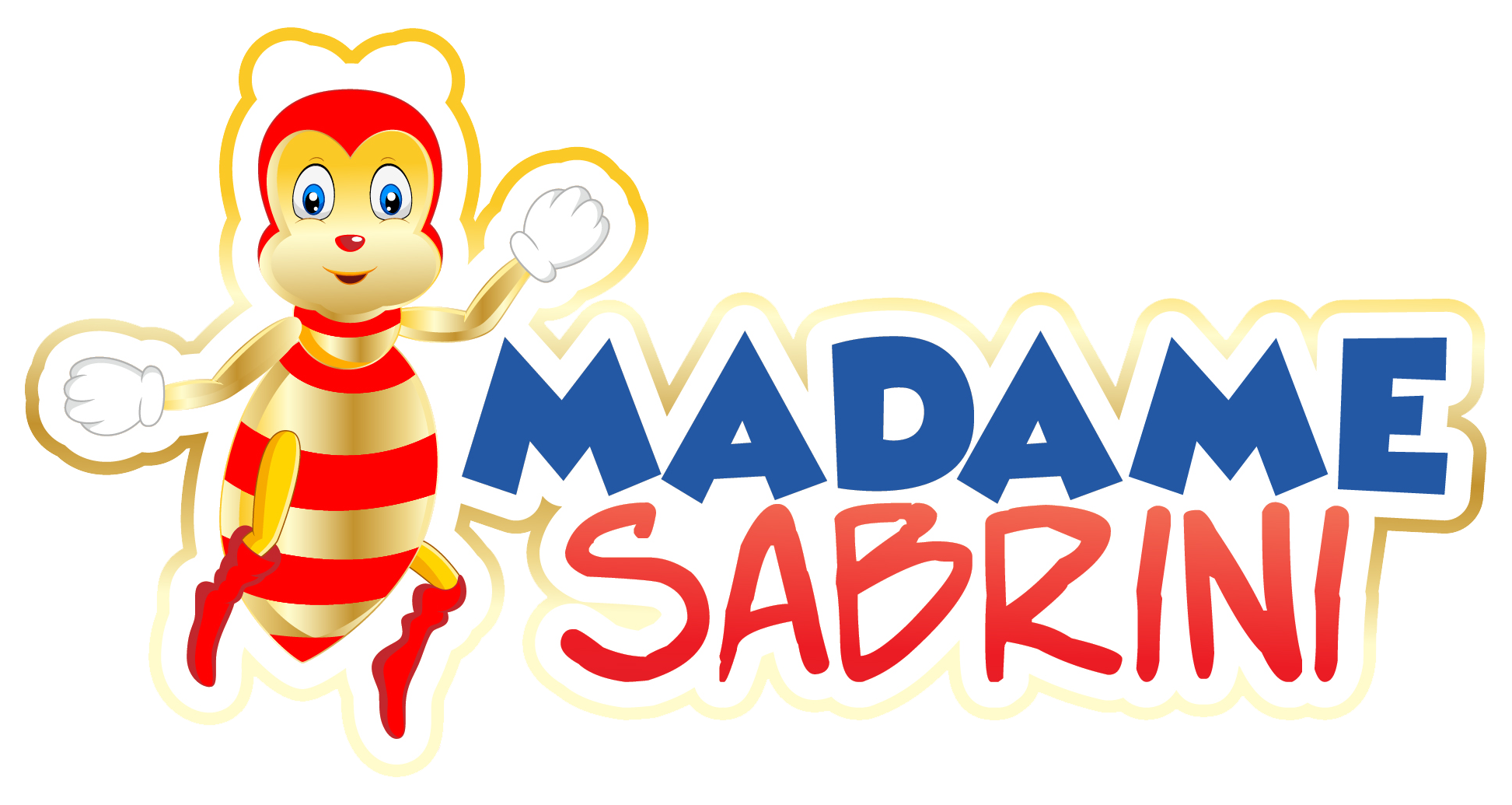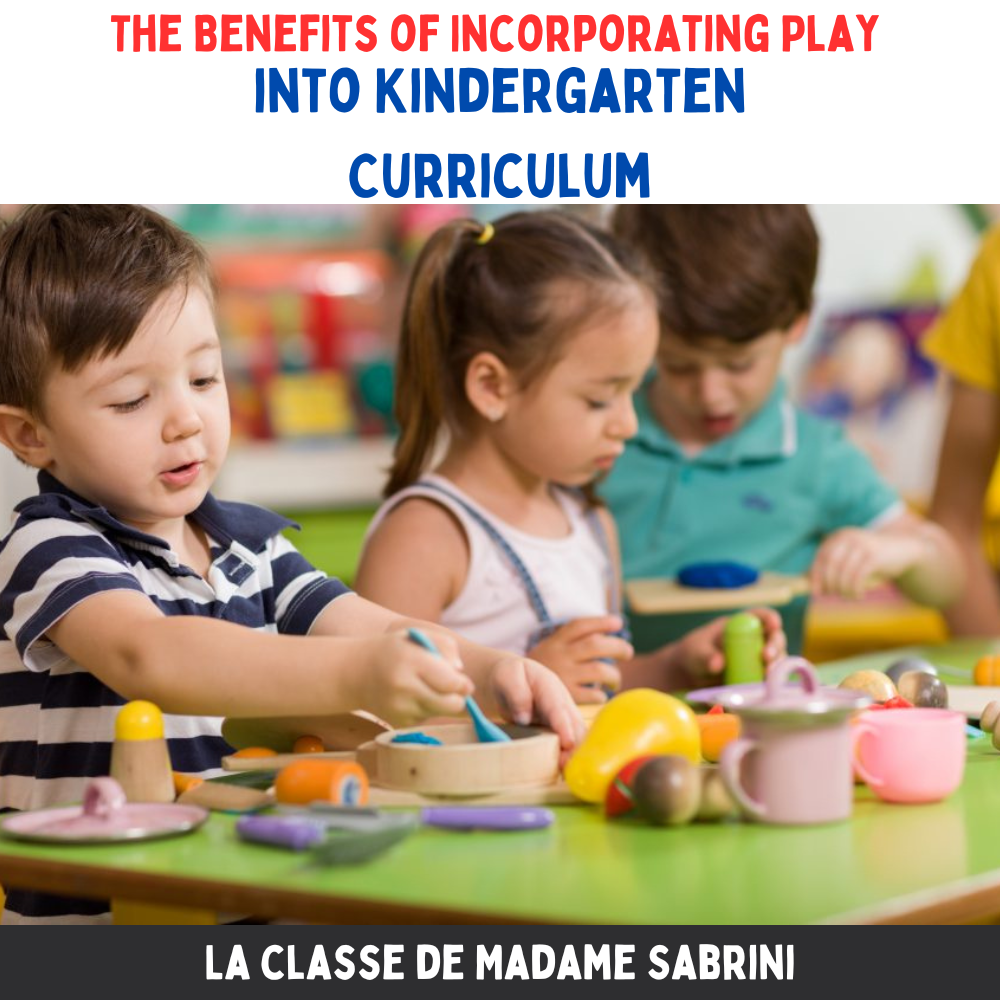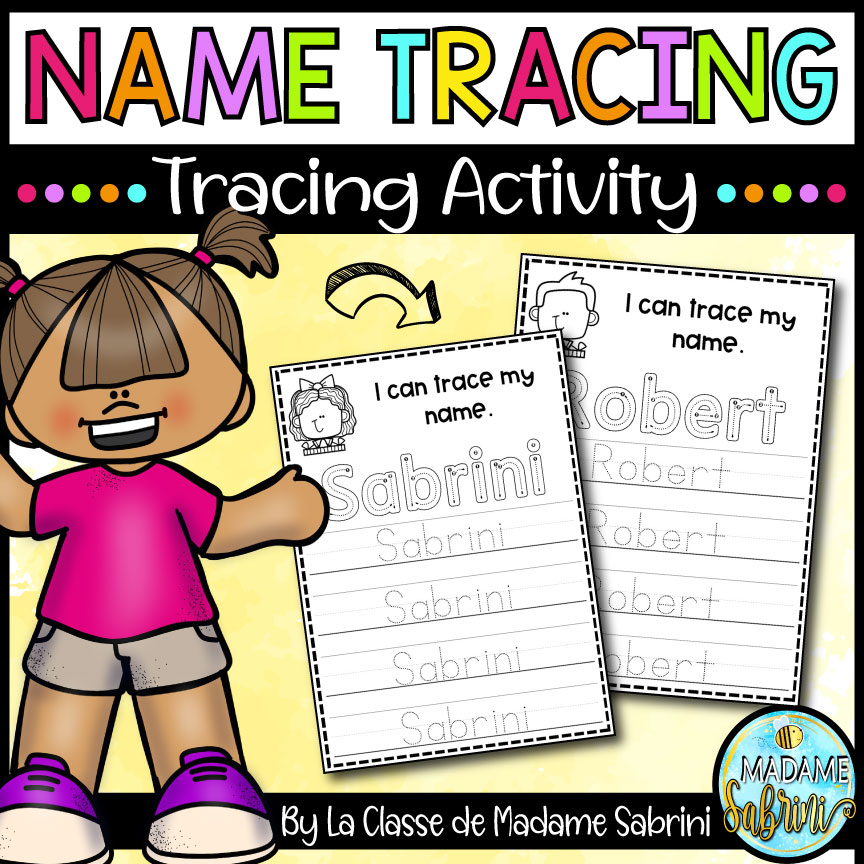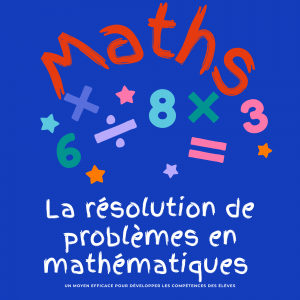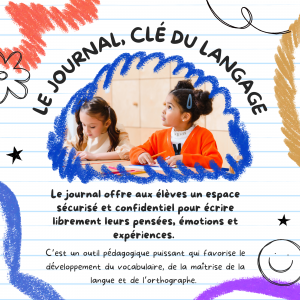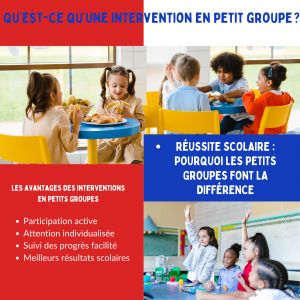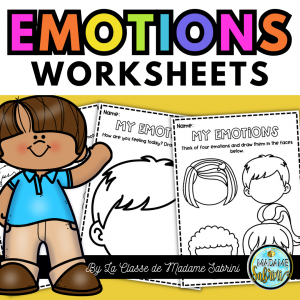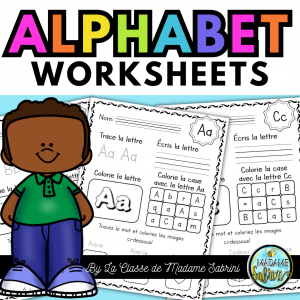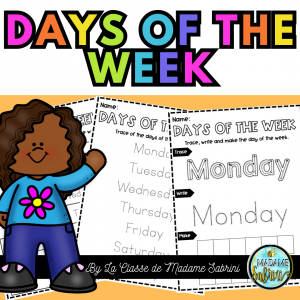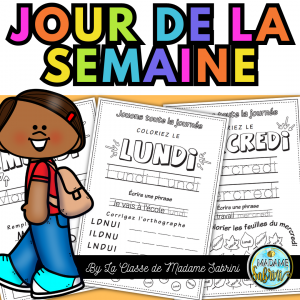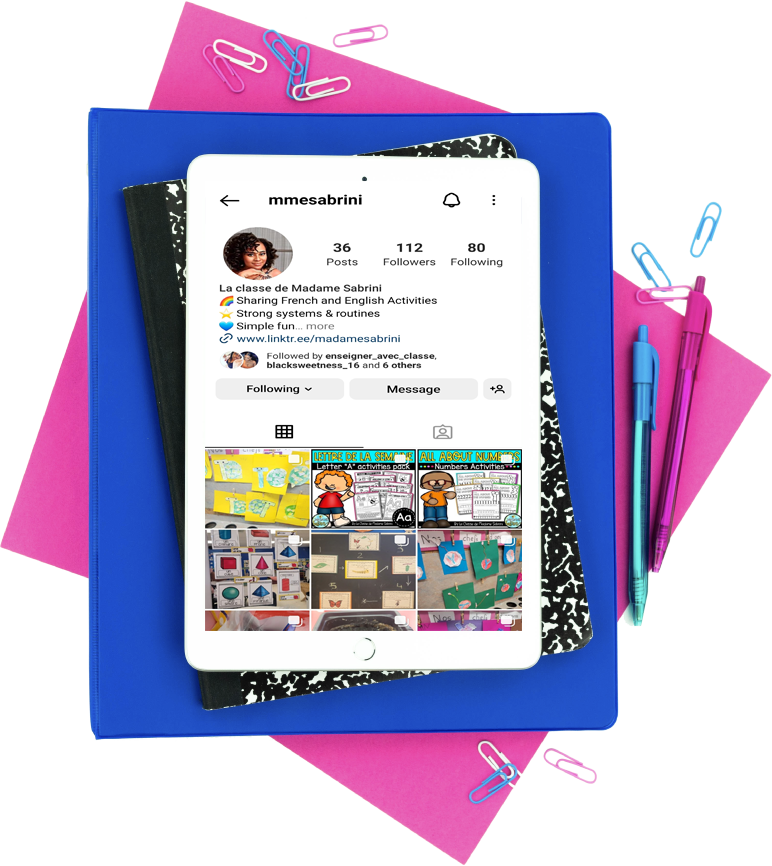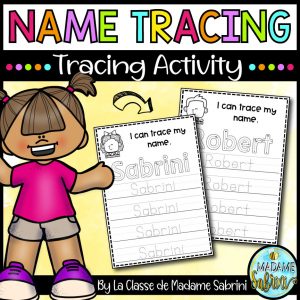This post may contain affiliate links which means I may receive a commission for purchases made through links. I will only recommend products that I have personally used! Learn more on my Private Policy page.
Play is an essential part of learning for young children, especially in the early years of kindergarten. Incorporating play into the kindergarten curriculum can help children develop important skills such as critical thinking, problem solving, and socialization. With the right balance of play-based learning, students can explore their interests and grow both academically and personally. This blog post will discuss the benefits of incorporating play into the kindergarten curriculum and how it can lead to successful learning outcomes.
What is play-based learning?
Play-based learning is an approach to teaching that encourages kids to engage in activities that are fun and enjoyable. Unlike traditional teaching methods, which focus on imparting knowledge through lectures, play-based learning encourages kids to actively explore the world around them. This approach allows teachers to incorporate learning into everyday activities, such as games and imaginative play. By engaging in these activities, kids are able to learn through experience, rather than through rote memorization or passive absorption of information. Play-based learning is an effective way for teachers to help kids develop critical thinking skills, problem-solving abilities, and social and emotional competencies. Additionally, it helps to foster a lifelong love of learning by making the educational process more engaging and enjoyable.
Why is it important?
Play is an integral part of childhood and serves as a vehicle for children to learn and explore the world around them. It allows children to interact with their environment and make connections through hands-on experiences. When learning is fun and engaging, children are more likely to retain information and have a positive attitude towards education. Incorporating play into the curriculum helps foster a love for learning that will last a lifetime.
Furthermore, play-based learning helps develop crucial skills such as social and emotional intelligence, problem-solving, and critical thinking. By interacting with others in play situations, children learn to cooperate, communicate, negotiate, and empathize. They also learn to regulate their emotions and cope with different situations.
Finally, play-based learning supports the development of creativity and imagination. Children can explore different roles and scenarios in play, and this stimulates their imagination. They can create their own narratives and stories, which enhances their literacy skills and vocabulary.
Overall, play-based learning is important because it promotes holistic development and prepares children for academic success. It encourages children to learn through exploration, experimentation, and inquiry, rather than simply memorizing facts and figures. By incorporating play into the curriculum, educators can create a more engaging and meaningful learning experience for their students.
What are the benefits?
Play-based learning in kindergarten has been gaining popularity in recent years as educators realize the many benefits it offers. Here are some of the key advantages of incorporating play into the curriculum:
1. Improved cognitive development: Through play, children are given opportunities to learn and practice problem-solving, critical thinking, and decision-making skills. This can help improve their cognitive development, preparing them for future academic success.
2. Increased socialization: Play provides an opportunity for children to engage with their peers, fostering social skills such as cooperation, communication, and empathy.
3. Boost in creativity: Play is an outlet for imagination and creativity, allowing children to express themselves in unique and innovative ways. This can have a positive impact on their overall creativity and artistic abilities.
4. Enhanced physical development: Play encourages physical activity and movement, which is essential for children’s overall health and well-being. By providing a variety of play-based activities, children can improve their motor skills, balance, and coordination.
5. Positive attitude towards learning: When children are engaged in playful activities, they often have a positive attitude towards learning and are more motivated to participate in classroom activities. This can create a love for learning that can last a lifetime.
Overall, play-based learning in kindergarten offers a multitude of benefits that can impact a child’s overall development. By incorporating playful activities into the curriculum, teachers can help create a positive and engaging learning environment for their students.
How can teachers incorporate it into their classrooms?
The first step in incorporating play-based learning into the classroom is to make sure that there is ample time set aside for play. This may involve restructuring the daily schedule to include more play-based activities.
Teachers can also incorporate play-based learning by designing classroom activities that are interactive and encourage creativity. For example, building blocks can be used to teach geometry, while drawing and coloring activities can promote creativity and develop fine motor skills.
Incorporating technology such as educational apps and games can also be a great way to encourage play-based learning. There are many educational apps available that can help students develop critical thinking, problem-solving skills, and more.
Finally, it’s important to create a classroom environment that is conducive to play-based learning. This means providing a safe and comfortable space for students to play and explore. Teachers can also encourage socialization and teamwork through group activities and play.
By incorporating play-based learning into the kindergarten curriculum, teachers can provide a fun and engaging learning experience for their students while also promoting cognitive, emotional, and social development.
If you want to learn more about activities to add in a classroom environment that is conducive to play-based learning, click here now
